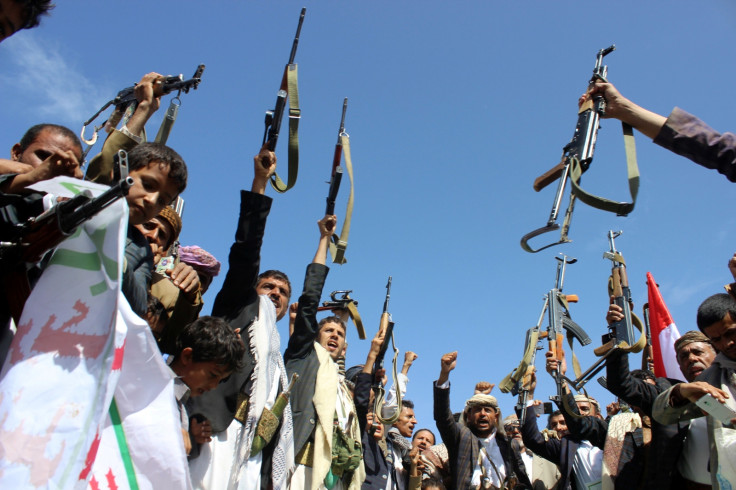Yemen peace efforts flounder as Security Council fails to agree on support for UN envoy
Britain and others wanted to include a statement that criticises the Houthis for siding with Yemen's ousted president.

Attempts by the United Nations to put an end to the 17-month-long civil war in Yemen seem to have hit a road block with the Security Council failing to agree on a statement that supports the UN special envoy to Yemen. The council members, including Britain, wanted to include a statement that criticises the rebels, which the UN ambassador to Russia, Vitaly Churkin, said was an unacceptable demand.
With the clock ticking for the Arab world's poorest nation to sign a UN-brokered peace deal, which requires the backing of Shia Muslim rebels, failure to reach a consensus has a dealt a blow to the peace efforts.
Yemen's internationally recognised government announced accepting a proposed peace agreement on Sunday (31 July) with a pre-condition that the Iran-backed Houthi rebels and the forces loyal to the former president sign the deal by 7 August. While there has been no official reaction from the rebels, unofficially they have rejected the agreement, claiming it to be incomplete.
Churkin told reporters that "the council was almost ready to make a joint pronouncement in support of the political process" when a delegation made an unacceptable demand.
According to the Associated Press, diplomats said Britain and other council members wanted a statement that criticises the Houthis for their activities and for siding with the country's ousted president, Ali Abdullah Saleh, and his former ruling party by setting up a new political council to rule the country. However, this move could risk the peace efforts, said Ismael Ould Cheikh Ahmed, the UN envoy.
According to the diplomats, who spoke to the news agency on the condition of anonymity, Ahmed wanted the council to express "concern" about the Houthis' actions. He also urged all parties to abide by a ceasefire that has fallen apart frequently, and called for flexibility in the peace talks.
Churkin said Ahmed had reassured the council "that his idea is to work towards a comprehensive settlement and that so far he has not made the political part of the package public". However, hinting at Russia, Britain's deputy ambassador, Peter Wilson, said "one country was not supporting its own national position".
US ambassador Samantha Power warned that if the UN-sponsored talks in Kuwait – dubbed as the "Kuwait Agreement" – fail, "the risk would be grave". She called for an immediate need for a peace agreement in the region.
The draft agreement by the UN called on the Houthis to withdraw from the Yemeni capital Sanaa, and other cities in the northern region. A Saudi-led coalition has conducted an extensive air campaign against the Houthis since March 2015. If the rebels agree to the peace deal, a comprehensive political dialogue would follow 45 days after signing of the agreement.
The deal would also reportedly abolish the supreme political council that was set up by the Houthis and Saleh's party to rule Yemen. Prisoners of war are also expected to be freed as part of the agreement.
Ahmed is expected to hold intensive talks in the coming days in an attempt to get the Houthis to support the peace agreement, according to UN deputy spokesman Farhan Haq. "The council will be able to find consensus on the way forward," Malaysia's UN ambassador Ramlan Bin Ibrahim, the current council president, said.
The fighting in Yemen has killed hundreds of children in the past one year, taking the death toll to more than 6,400. According to the UN, around 2.8 million people have been displaced when Saudi-led troops launched a military campaign.
© Copyright IBTimes 2024. All rights reserved.





